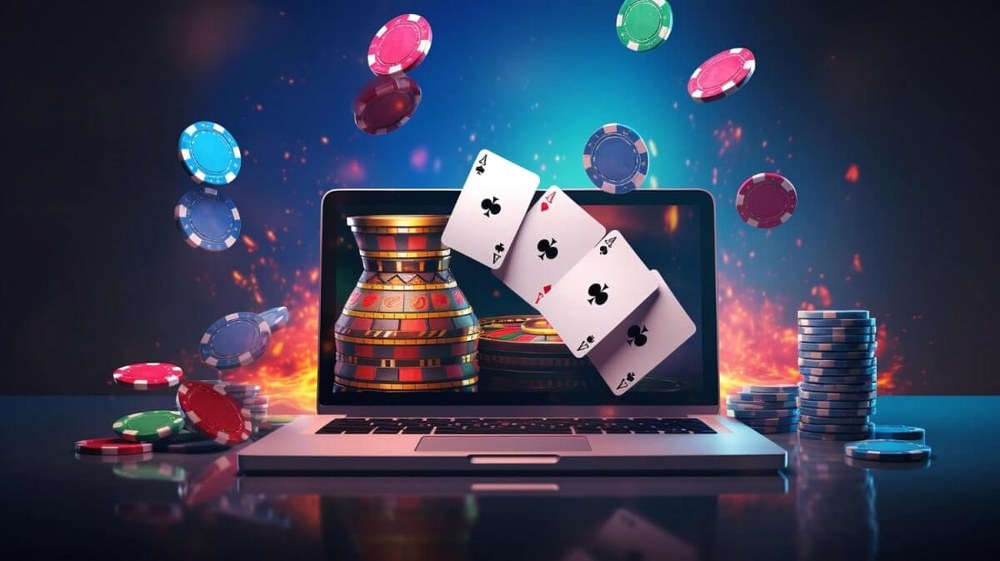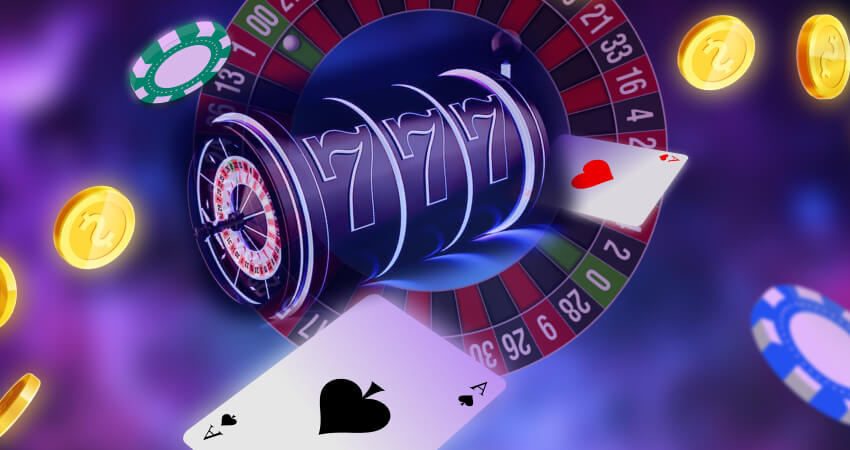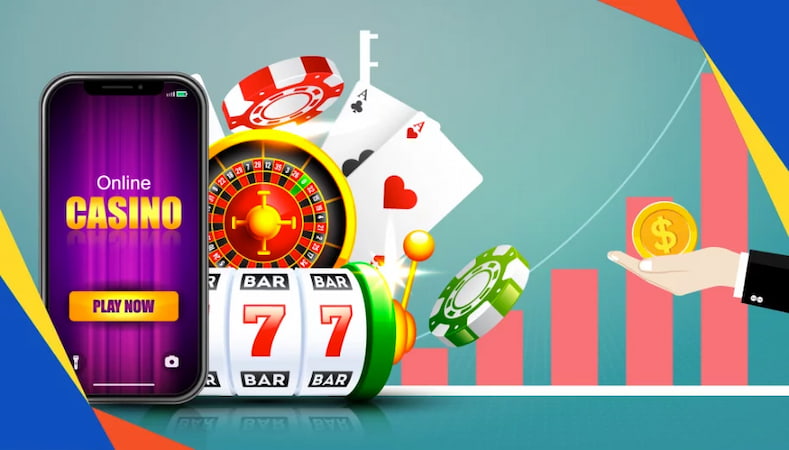
The Role of NFTs in Modern Digital Culture
Non-fungible tokens (NFTs) have emerged as a revolutionary concept in the digital world.
These unique digital assets can represent ownership of a wide variety of items, from artwork and music to virtual real estate and gaming avatars.
Their unique properties set them apart from traditional cryptocurrencies, driving significant interest and investment in the technology.
As we delve into the role of NFTs in modern digital culture, we will explore their various applications, implications for ownership, and future potential.
For users interested in exploring further, don’t miss out on the The Role of NFTs in Online Casino Rewards in 2025 megapari apk, which may open up new avenues for digital engagement.
The Concept of Non-Fungibility
At the heart of NFTs is the concept of non-fungibility. While cryptocurrencies like Bitcoin and Ethereum are fungible, meaning each unit is interchangeable and identical, NFTs are unique and cannot be exchanged on a one-to-one basis.
This characteristic makes them ideal for representing ownership of unique items. In a world where digital assets are becoming increasingly valuable, NFTs provide a way to prove authenticity and ownership in an otherwise easily replicable online landscape.
NFTs in the Art World
One of the most significant impacts of NFTs has been observed in the art world. Artists are now able to tokenize their work, creating limited editions or exclusive pieces that can be purchased and traded on various platforms.
This has opened new revenue streams for artists, enabling them to sell directly to their audience without relying on galleries or auction houses.

The sale of digital artworks in NFT form has already seen staggering figures, with works like Beeple’s “Everydays: The First 5000 Days” selling for over $69 million at Christie’s auction house.
This sale highlighted not only the value of digital art but also the potential for NFTs to redefine ownership and provenance in a rapidly digitizing world.
NFTs in Gaming
Beyond art, NFTs are also transforming the gaming industry. Gaming developers are leveraging NFTs to create unique in-game assets that players can own, trade, and sell.
This model empowers players by giving them real ownership of their virtual items, which can include anything from skins and weapons to entire characters or plots of land in virtual worlds.
Games like “Axie Infinity” and “Decentraland” have created ecosystems where players can earn, trade, and profit from their participation, leading to a new wave of play-to-earn opportunities.
As these ecosystems evolve, the potential for NFTs to contribute to more immersive and engaging gaming experiences is enormous.
The Role of NFTs in Content Creation and Ownership
The advent of NFTs has also reshaped the landscape for content creation and ownership. Musicians, filmmakers, and writers can now mint their work as NFTs, allowing fans to purchase and support them directly.
This can potentially eliminate the intermediary roles of record labels and publishing companies, enabling creators to receive a larger share of their revenue.
Additionally, NFTs can provide creators with continuing revenue through royalties on secondary sales, ensuring that artists continue to benefit from their work long after the initial sale.
Challenges and Criticism of NFTs

Despite their promising potential, NFTs are not without challenges and criticism.
Environmental concerns have been raised regarding the energy consumption associated with blockchain technology, particularly with Ethereum’s proof-of-work model, which is commonly used to mint NFTs.
Additionally, the market is still largely speculative, with prices driven by hype rather than intrinsic value.
Cases of art theft and copyright infringement have also raised questions about the validity and security of NFT ownership.
The Future of NFTs
Looking forward, the future of NFTs appears bright but uncertain. As technology evolves, we may see improvements in energy efficiency and broader acceptance across various industries.
Major brands and celebrities are already exploring ways to incorporate NFTs into their marketing strategies and consumer engagement efforts.
Institutions like museums and galleries are beginning to experiment with NFTs as a means of expansion into the digital space, and this trend is expected to grow.
Conclusion
In conclusion, NFTs are playing a crucial role in shaping modern digital culture, impacting numerous sectors including art, gaming, and content creation.
By providing a means for digital ownership and authenticity, NFTs are fostering new forms of engagement and community building.
As the technology matures and adapts to address its current challenges, its applications may continue to evolve, promising new possibilities for individuals and industries alike.
As we move forward, understanding the dynamics of NFTs will be essential for navigating the future digital landscape.
